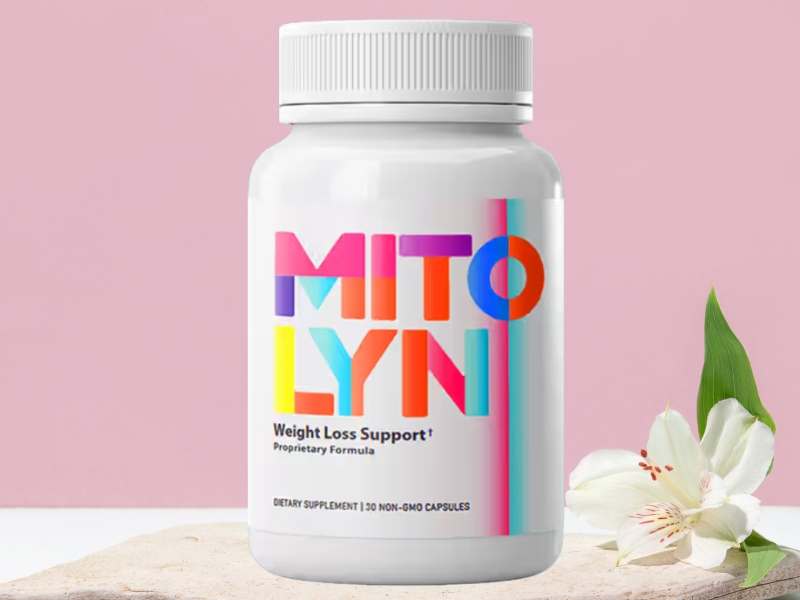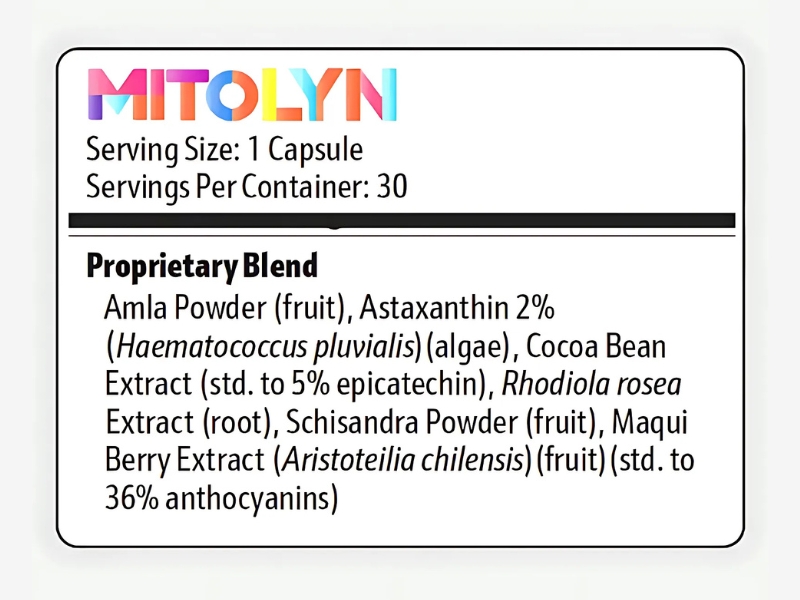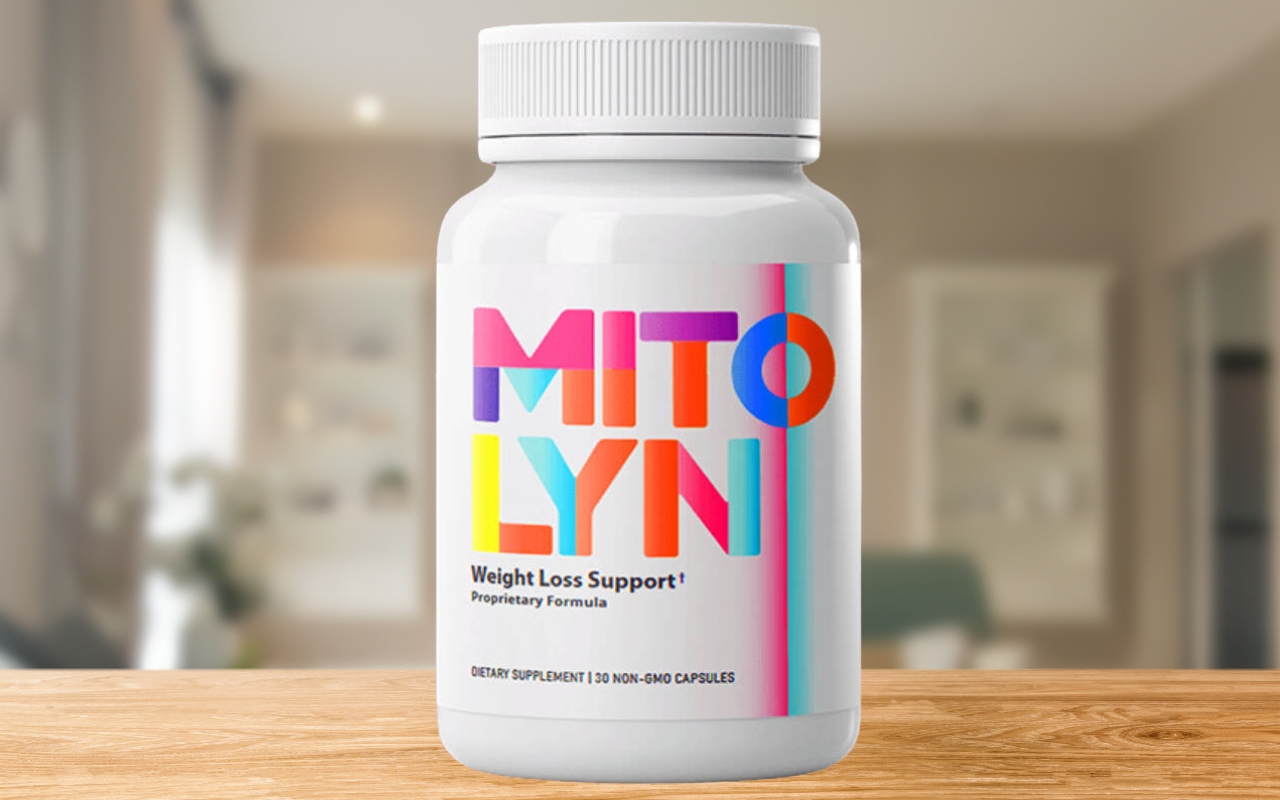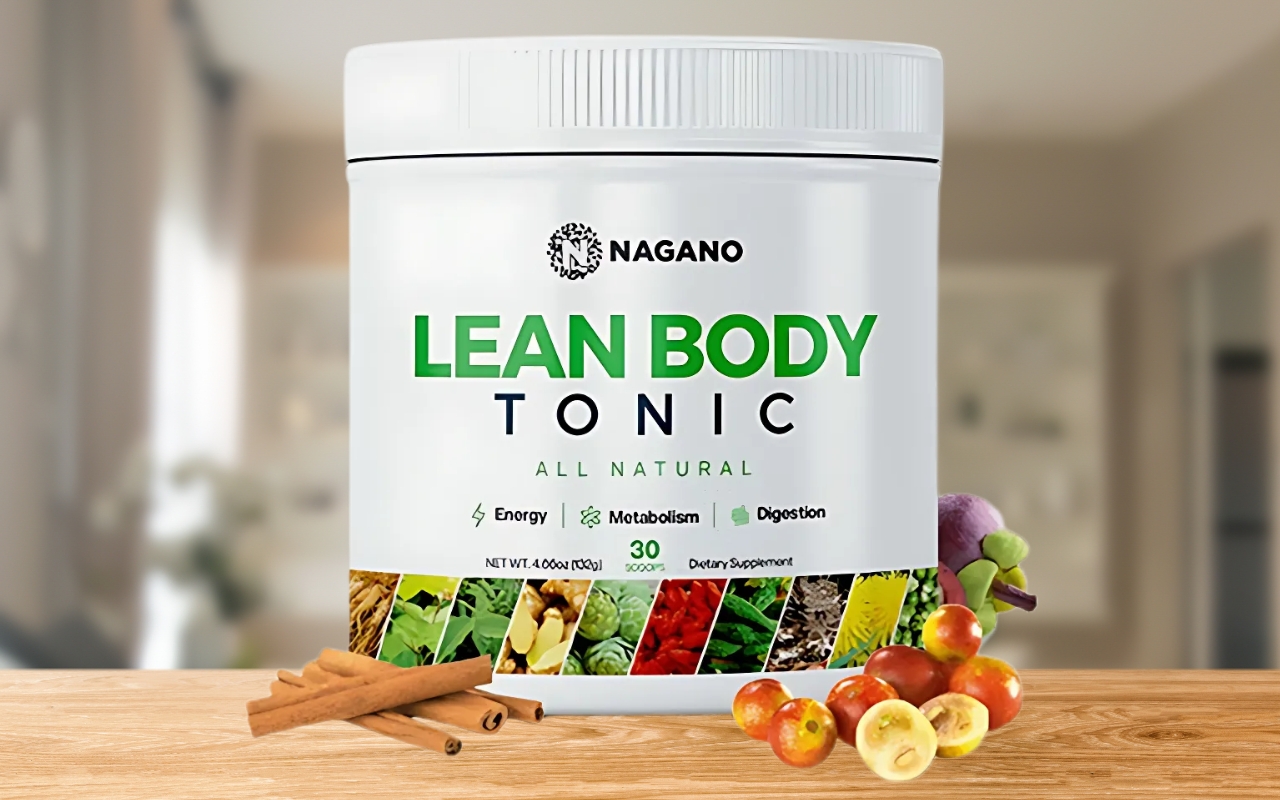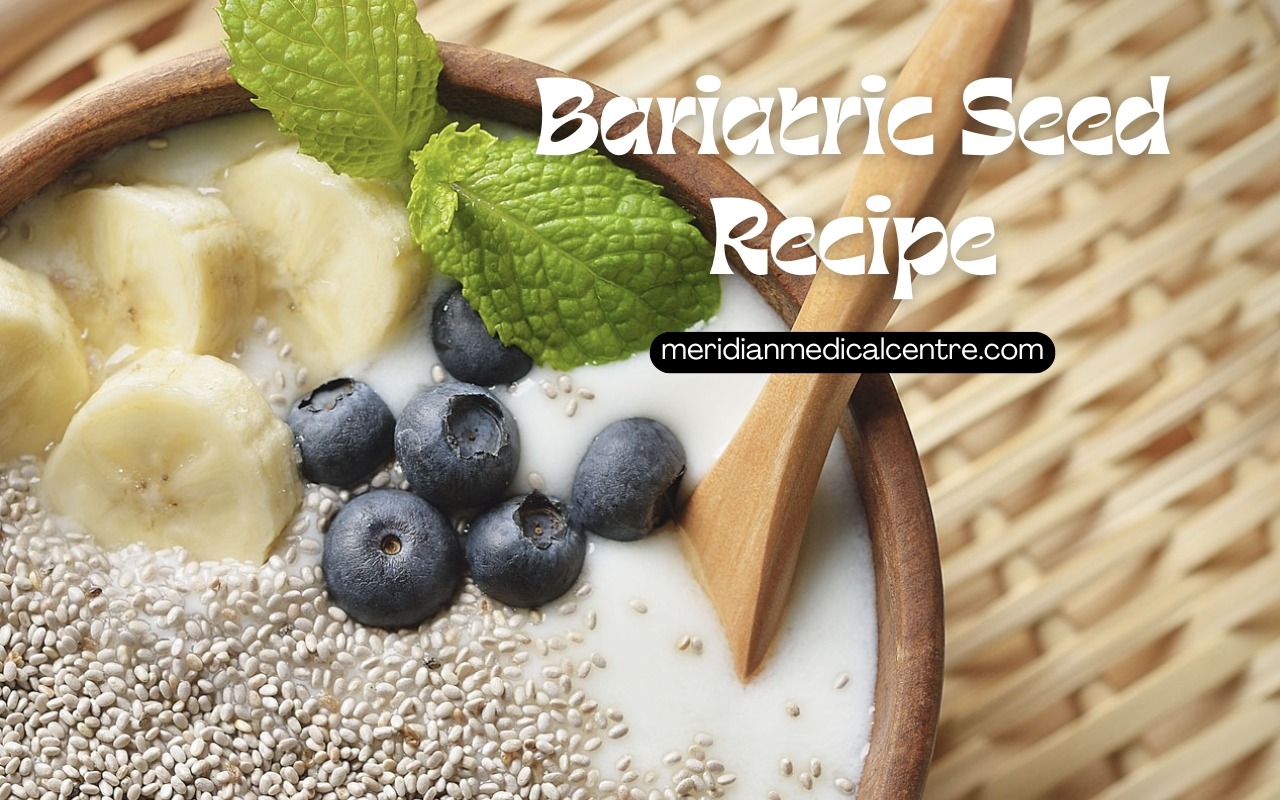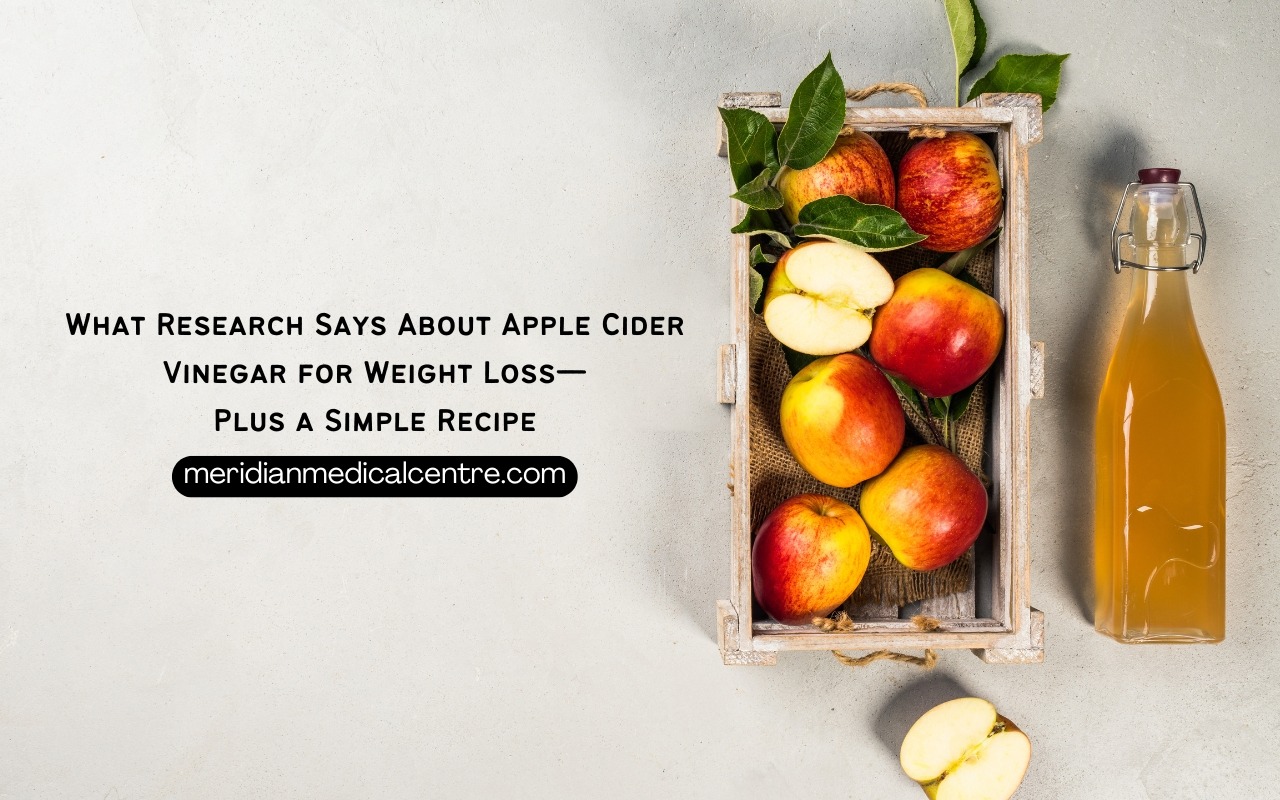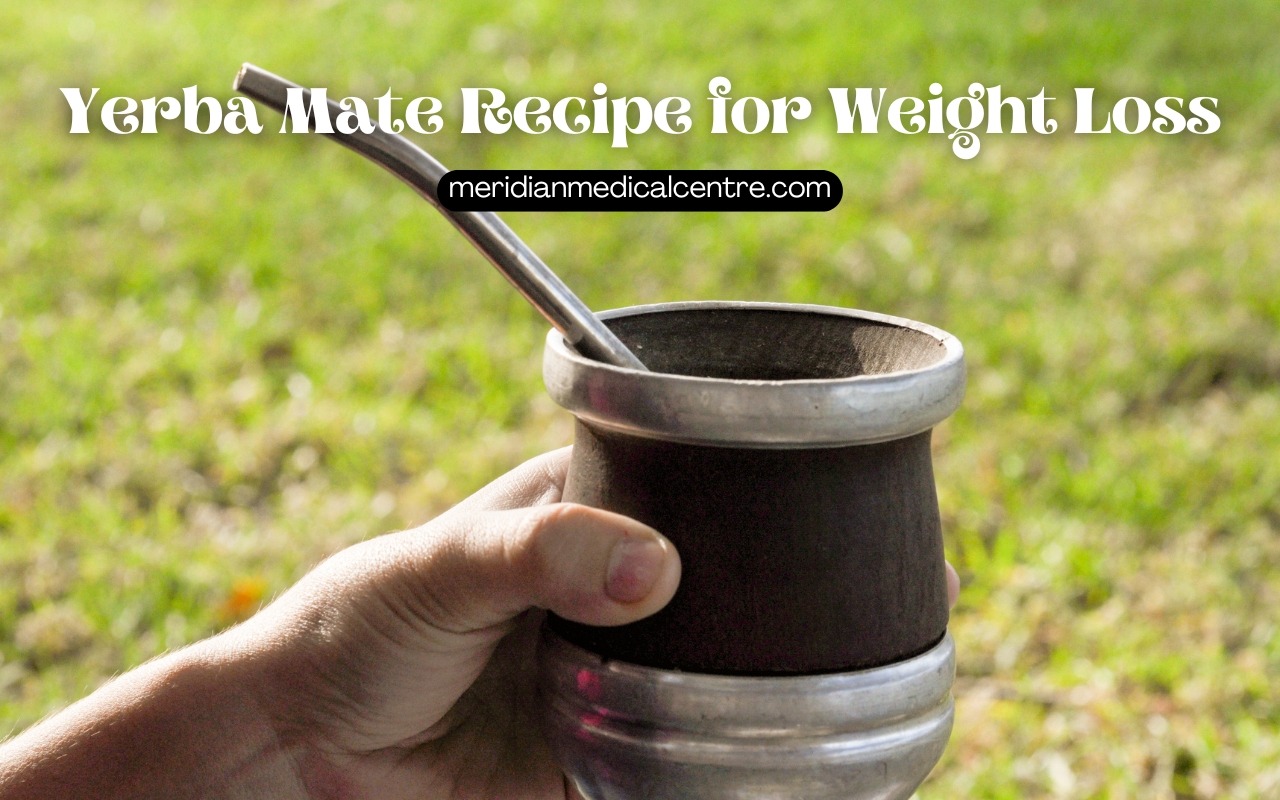What This Article Covers
Here’s what you’ll learn in this article:
- What a ketogenic (keto) diet is and how it works in the body
- Why researchers used middle-aged mice to study aging
- What the keto diet did for memory, strength, and lifespan
- How this science could relate to your own health (without making promises)
- Why this study doesn’t prove everything—but opens important doors
- What researchers are still trying to understand about aging and nutrition
Whether you're new to keto or curious about how food affects the brain, this article is for you.
Quick Summary (TL;DR)
Scientists found that when middle-aged mice were given a ketogenic diet over time, they lived longer, remembered better, and kept more strength in old age. The results suggest that a high-fat, low-carb diet may help the body and brain age more slowly.
This study doesn't mean keto is a magic bullet for humans—but it shows how what we eat can play a big role in how we age.
Why This Topic Matters Right Now
Let’s face it: people today are more concerned than ever about aging. We want to stay sharp, active, and independent as we grow older. But common fears like memory loss, physical decline, and chronic diseases are growing too.
Here are a few eye-opening stats:
- Over 55 million people worldwide live with dementia
- Age-related muscle loss affects up to 1 in 3 adults over 60
- The global population aged 60+ is expected to double by 2050
So when researchers find a way to slow down the aging process—especially in the brain and body—it grabs attention.
The keto diet has long been used to manage epilepsy and weight. But now, studies like this one are asking a bigger question: Could this diet also help us stay younger, longer?
This is why the research matters. It connects a popular lifestyle trend to some of the deepest human goals—living longer, staying stronger, and remembering more.
What the Scientists Studied
Let’s break it down into an easy story.
Imagine you have three groups of mice. They’re all about one year old—which is middle-aged in mouse years, like a person in their 40s or 50s.
Here’s what the researchers did:
- Group 1: Ate a regular mouse diet (normal carbs and protein)
- Group 2: Ate a ketogenic diet every other week (cycling on/off)
- Group 3: Ate a ketogenic diet full-time
The ketogenic diet used in the study was high in fats, very low in carbohydrates, and had just enough protein. This diet forces the body to burn fat for energy instead of carbs—a state called ketosis.
Think of ketosis like switching from using gasoline to solar power. It’s a cleaner, longer-lasting energy that helps the body in different ways.
The scientists wanted to know: What happens when middle-aged mice eat this way for the rest of their lives?
To find out, they ran tests:
- Memory tests (like finding a hidden platform in a maze)
- Strength tests (like hanging on to a wire)
- Lifespan tracking (how long each mouse lived)
And the results were surprising.
What They Found (And What It Means)
The results were like lifting the curtain on a secret power. The ketogenic diet didn’t just make a small difference—it had big effects.
Here’s what the scientists saw:
- Longer Lives: The mice on the full-time keto diet lived significantly longer than the mice on the regular diet. That’s like someone living into their 90s instead of passing away in their 70s—all because of food.
- Better Memory: The keto mice remembered where things were in maze tests. Their memory worked better, even when they got older. That’s like remembering where you parked your car in a huge parking lot, even weeks later.
- Stronger Bodies: The keto mice could hold onto a wire with more strength. They didn’t lose as much muscle as they aged. That’s a big deal, because humans often lose muscle as they age, leading to falls and frailty.
Even the mice on the cyclical keto diet—who only ate keto every other week—got some of the benefits, though not as much as the full-time keto mice. That shows us that being consistent might matter more than just dipping in and out.
This was one of the first studies to show that food could directly affect how long and how well an animal lives. Not just weight or blood sugar—but actual aging.
The Power of Ketones: Why the Diet Works
So, what’s the magic behind this diet?
It’s not really magic—it’s biochemistry. When you eat very few carbs, your body makes something called ketones. These are molecules made by your liver from fat. Ketones become your backup fuel.
Think of it this way:
- Glucose (from carbs) is like burning wood—it works, but it gets smoky and dirty.
- Ketones (from fat) are like solar power—clean, steady, and long-lasting.
When your body runs on ketones, a few things happen:
- Your brain gets more stable energy—no more sugar crashes
- You create less oxidative stress, which is like internal rust that damages cells
- Your cells’ engines (mitochondria) run more smoothly and efficiently
- You reduce inflammation, which is a key cause of aging and brain fog
This is why keto is being studied for brain diseases like Alzheimer’s, Parkinson’s, and epilepsy. It’s like giving your brain a super-fuel that keeps it calm, focused, and less inflamed.
The mice in the study ran on ketones—and their bodies loved it.
That’s Like… (Real-Life Comparisons)
Let’s make this easy to picture.
Imagine your brain is a light bulb. Most people run on electricity from a shaky grid (carbs/glucose). But when you switch to ketones, it's like getting steady power from a personal solar battery—no flickering, no outages.
♂️ Imagine your muscles are engines. Over time, using poor fuel clogs them up and wears them out. Ketones are like synthetic oil—they keep everything cleaner and running longer.
Your cells have tiny engines called mitochondria. When they burn sugar, they release more exhaust. When they burn ketones, it’s like a hybrid car—cleaner, longer-lasting, and more efficient.
This is why the keto diet may be powerful for aging: it upgrades how your body uses energy.
What This Doesn’t Mean (Keeping It Honest)
Now, let’s pause and stay honest.
This study was done in mice—not humans. And while mice are often used to predict how human biology works, they’re not the same as us.
Here’s what this study doesn’t prove:
- That humans will live longer on a keto diet
- That everyone should switch to keto for aging
- That keto prevents memory loss or Alzheimer’s
- That more fat is always better
It also doesn’t mean keto is safe for everyone. Some people may struggle with nutrient balance, cholesterol levels, or sticking to the plan.
But what it does mean is that the keto diet deserves more attention—not just for weight loss, but for its potential role in how we age.
How This Might Help You (Without Making Claims)
So what can you take away from this?
Think of this study as a peek into how powerful food really is. It’s not about magic pills or expensive treatments. It’s about what’s on your plate.
If ketones help brain cells work better, reduce stress inside your body, and support stronger muscles, then choosing foods that support that fuel system could be helpful.
This doesn’t mean you need to go full keto. But it does invite questions like:
- Can I eat fewer processed carbs?
- Can I include more healthy fats like olive oil, nuts, or avocado?
- Can I stabilize my blood sugar with food instead of spikes and crashes?
It’s not about following a diet trend. It’s about learning how your body runs best.
Where the Science Goes Next
This study opened exciting doors—but many questions remain.
Scientists now want to test the ketogenic diet in humans over long periods. Most current studies focus on short-term effects—like weight loss or blood sugar control over a few weeks or months. But aging happens slowly, so we need long-term research.
Future questions scientists are exploring include:
- Can a ketogenic diet slow aging in people the same way it does in mice?
- Is full-time keto needed, or could intermittent keto (like the cycling group) work just as well?
- What’s the safest way to do keto for older adults with different health needs?
- Are there certain types of fats that work better than others?
They’re also studying ketone supplements—pills or drinks that give you ketones without changing your whole diet. If proven safe and effective, this could offer another way to support brain health, especially in people with dementia or Parkinson’s disease.
There’s also growing interest in combining keto with other healthy habits like fasting, exercise, and plant-based nutrition to create a lifestyle approach to aging.
The science is still young—but it’s gaining speed.
Conclusion
This powerful study showed that a ketogenic diet helped middle-aged mice live longer, stay stronger, and think more clearly as they aged. These results suggest that changing how the body uses fuel—switching from carbs to ketones—may offer real benefits for aging brains and bodies.
While we can’t say for sure that the same results would happen in people, the findings give us a new lens to look at nutrition and aging. Food is not just fuel—it’s information. It tells your body how to function, grow, and age.
By learning how different types of food affect the body’s energy systems, we might unlock new ways to stay healthier, longer.
In simple terms: what you eat today could shape how you think and move tomorrow.
Explore More Medical Breakthroughs
Want to keep learning about the science behind health and longevity?
Explore More Medical Breakthroughs
From brain-boosting diets to cutting-edge supplements and lifestyle research, we break down the latest studies into everyday advice you can understand—no PhD required.
